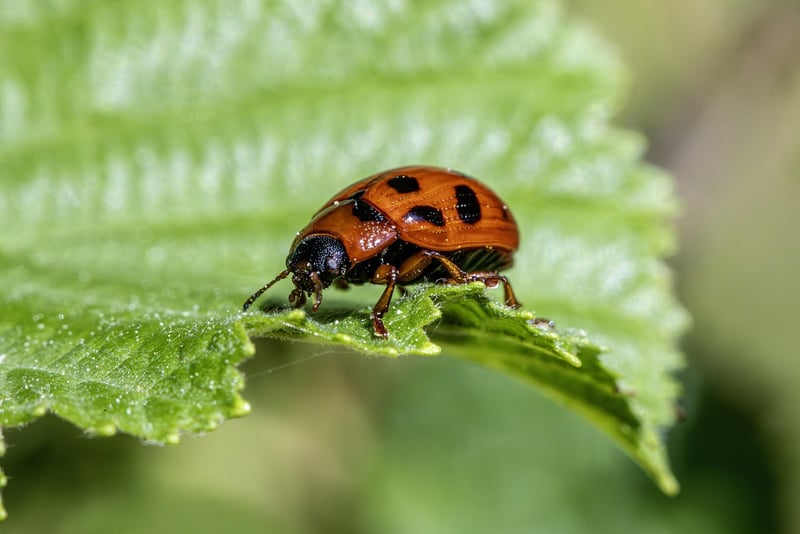Pest Management
Enhance Your Gardening Skills and Knowledge for Effective Pest Management
Gardening is a rewarding and therapeutic hobby that allows you to connect with nature and create beautiful outdoor spaces. Whether you are a seasoned gardener or just starting, there are always opportunities to enhance your gardening skills and knowledge to ensure a thriving garden. One essential aspect of successful gardening is effective pest management. By understanding common garden pests and how to control them, you can protect your plants and promote a healthy garden ecosystem.
1. Know Your Pests
Before you can effectively manage garden pests, it's crucial to identify and understand the common culprits that can harm your plants. Common garden pests include aphids, slugs, snails, caterpillars, and spider mites. Each pest has unique characteristics and behaviors that impact the plants in your garden differently.
2. Implement Integrated Pest Management (IPM)
Integrated Pest Management (IPM) is a holistic approach to pest control that combines prevention, monitoring, and control methods to minimize damage to crops and the environment. By incorporating cultural, biological, and physical control methods, you can reduce the reliance on chemical pesticides and create a more sustainable garden ecosystem.
3. Attract Beneficial Insects
Beneficial insects such as ladybugs, lacewings, and predatory wasps are natural predators of many common garden pests. By planting flowers that attract these beneficial insects, you can create a balanced ecosystem where pests are kept in check naturally. Some beneficial plants include marigolds, dill, and yarrow.
4. Regularly Inspect Your Garden
Regularly inspecting your garden for signs of pest damage allows you to catch infestations early and take appropriate action. Look for chewed leaves, stippling on foliage, or the presence of pests themselves. Early detection can prevent pests from causing extensive damage to your plants.
5. Practice Good Garden Hygiene
Good garden hygiene practices, such as removing debris, weeds, and dead plant material, can help eliminate hiding spots and breeding grounds for pests. By keeping your garden clean and well-maintained, you can reduce the risk of pest infestations and promote overall plant health.
6. Use Organic Pest Control Methods
When pest control is necessary, opt for organic and environmentally friendly methods to minimize harm to beneficial insects and the environment. Organic pest control options include insecticidal soaps, neem oil, and homemade remedies like garlic spray or chili pepper repellents.
By incorporating these tips into your gardening routine, you can enhance your skills and knowledge to effectively manage pests in your garden while promoting a healthy and thriving outdoor space.

Remember, a successful garden is not just about growing beautiful plants; it's also about creating a sustainable and harmonious ecosystem where plants, beneficial insects, and gardeners can thrive together.
Happy gardening!
